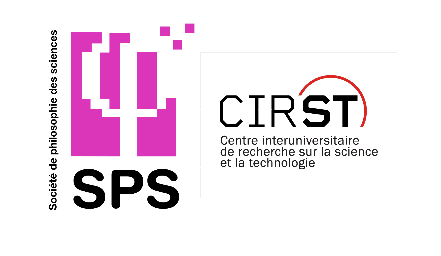Invariance and Explanatory Depth
1 : University of California [San Diego]
University of California, San Diego
According to the account of causal explanation developed by James Woodward and Christ Hitchcock, a generalization Y = f(X) contributes to causally explaining an event y = f(x) if and only if it is invariant under at least one conceptually possible testing intervention. Together with this account comes an account of explanatory depth, i.e. an account of the criteria we rely on when making comparisons of explanatory quality between generalizations describing causal relations. According to this account, a generalization permits deeper causal explanations the "greater" the range of interventions it is invariant under. There are several ways to understand the "greater" in this account. I present three interpretations, a purely quantitative one, a purely qualitative one, and one according to which it is the variety of interventions a generalization is invariant under that is crucial. I argue that Woodward and Hitchcock's account of explanatory depth is inadequate under all three interpretations. I argue, in particular, that it conflicts with the idea that good causal explanations should cite causes which are proportional to their effects, an idea defended by many authors, including Woodward himself. I conclude by examining three possible objections to the argument I develop.


